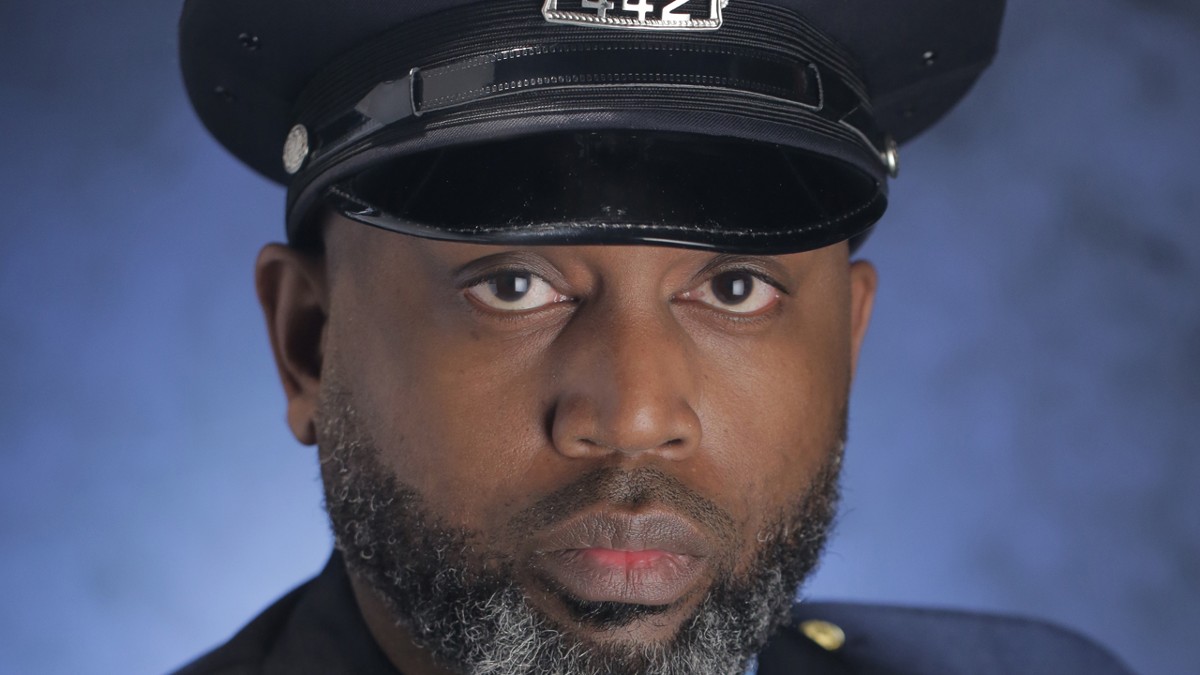Politically, the recent Illinois pension reform bill signed by Gov. Quinn was something of a disaster for unions and some committed Democrats.
For public employees and their unions, the immediate danger is the reform bill is likely to take money out of their pockets and could well imperil their retirement.
But look a bit deeper and different, thornier problem emerges: Who to support in the 2014 race for governor?
Traditionally, union members could be counted on to back Quinn, a Democrat, who would be seen as more supportive of their interests.
More importantly, Quinn has long relied on union support—both financially and in the voting booth.
To put it bluntly, however, unions—and many committed Democrats and progressive activists alike—are furious with Quinn, and are openly talking about either staying home, withholding campaign funding or finding an alternative.
The Sun-Times reports there is open revolt among union ranks against Quinn these days:
Local
One year ago, the head of the AFL-CIO predicted Gov. Pat Quinn could not win re-election “without making peace with the unions.”
Today, Quinn is hurtling into the crosshairs of public labor that is livid over new pension legislation signed into law last week.
“This week did not close the gap. It widened it,” AFL-CIO President Michael Carrigan told the Sun-Times following Quinn’s closed-door bill signing this week. “Mr. Quinn can’t win in 2014 until he makes peace with public-sector unions.”
That’s critical, especially since the Sun-Times is also reporting that Quinn has received nearly $7.5 million in campaign donations from nine of the state’s top unions since 2000.
So toxic is the fallout from the pension reform bill, Quinn’s problems with unions may well extend to state legislators who sided with the governor:
Yet nearly all of the public employee unions have grown unalterably opposed to endorsing or donating to Quinn—and possibly all Democrats who voted for the pension bill.
…
“I can’t imagine any of those legislators who voted for the bill who are up for election getting support of major unions,” said AFSCME Council 31 director of political and community relations John Cameron.
All in all, the pension reform bill has created something of an existentialist crisis, at least politically, for many union supporters and natural Quinn allies.
Writing on the blog of Fred Klonsky, a retired public school teacher, special education advocate Bev Johns summed up the dilemma facing many as the 2014 governor’s race draws near:
We need a new Governor. This election is too important to all of us.
We should consider taking a Republican ballot in the March primary (even if some of us would be doing that for the very first time), unless there is a crucial Democratic race in the primary (such as a Democrat running against a Democrat who voted for SB 1).
Clearly, a lot is in play across the political landscape of Illinois in the wake of the pension reform bill’s passage. Perhaps nowhere is this more keenly illustrated than in reports at least two Republican gubernatorial candidates sought the endorsement of SEIU Local 73, one of the largest public service employees union before the pension reform vote:
[Local 73] told the AP the union has met with two Republican gubernatorial bidders seeking future endorsements. Republican state Sen. Kirk Dillard and state treasurer Dan Rutherford both spoke out against the pension plan, which passed by narrow margins.
From the perspective of many union supporters, Quinn also did himself no favors by choosing Paul Vallas, a man seen as committed to weakening or eliminating public sector unions in education, as his running mate.
The question becomes: Can Quinn win in 2014 with little to no union support?
As of today, it looks like he may have no other choice.



